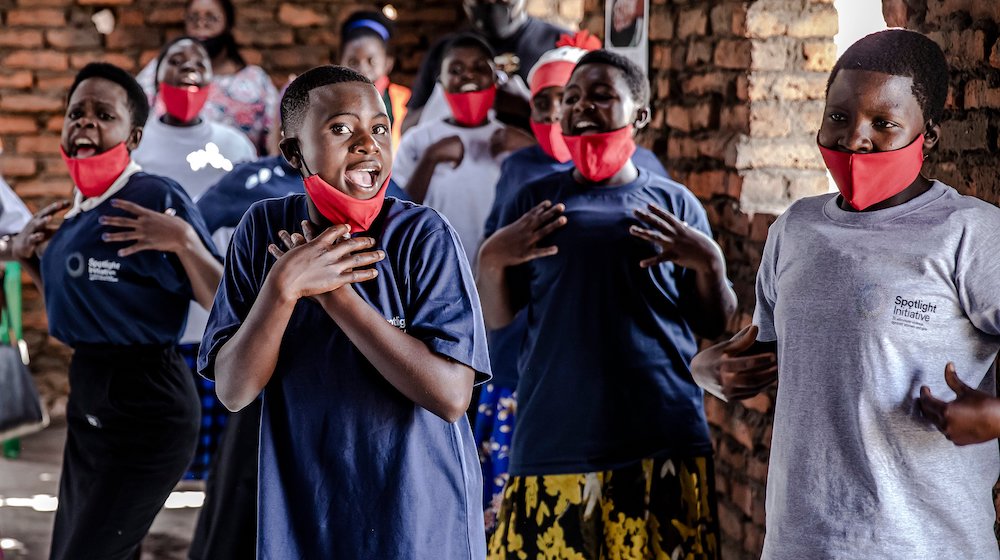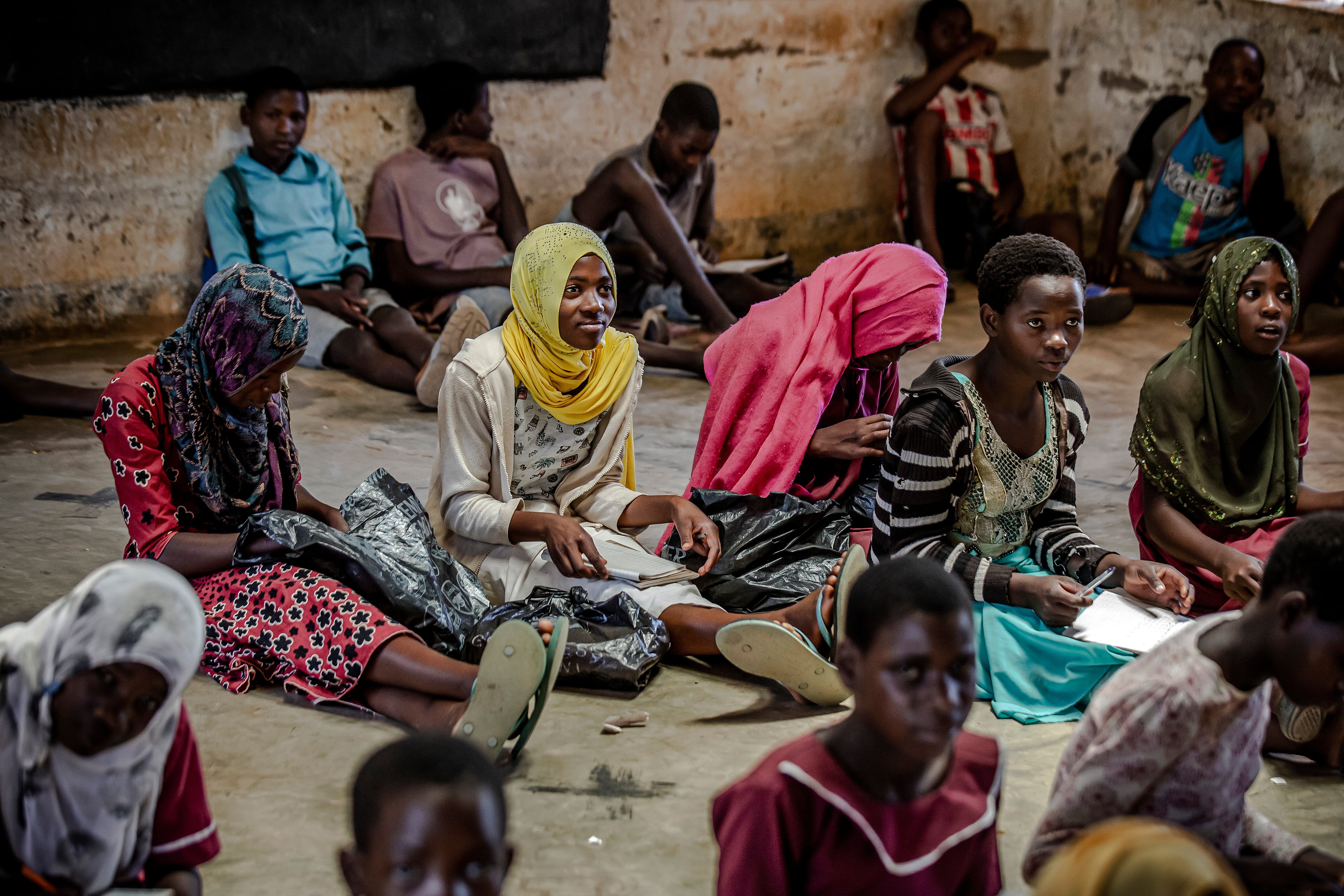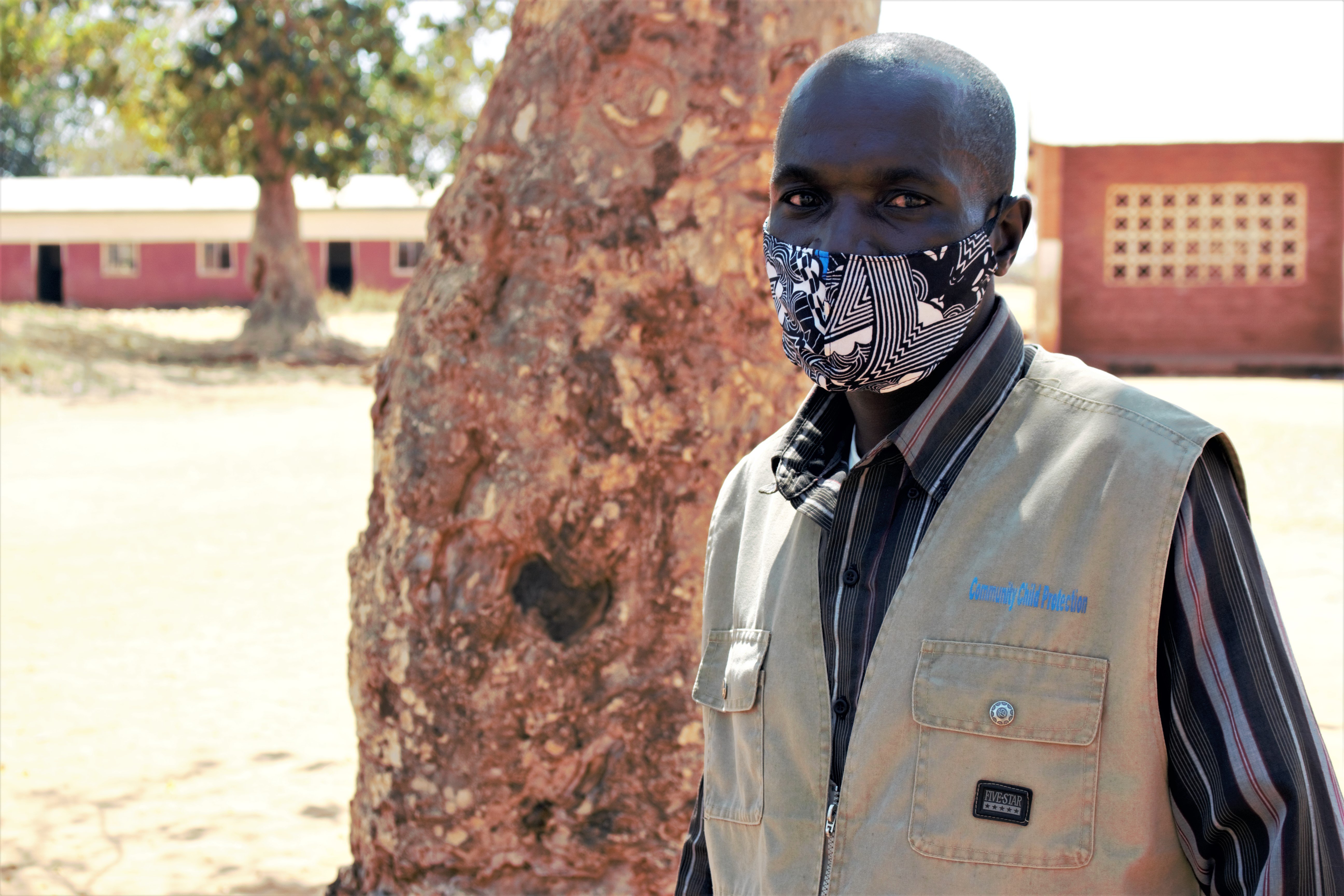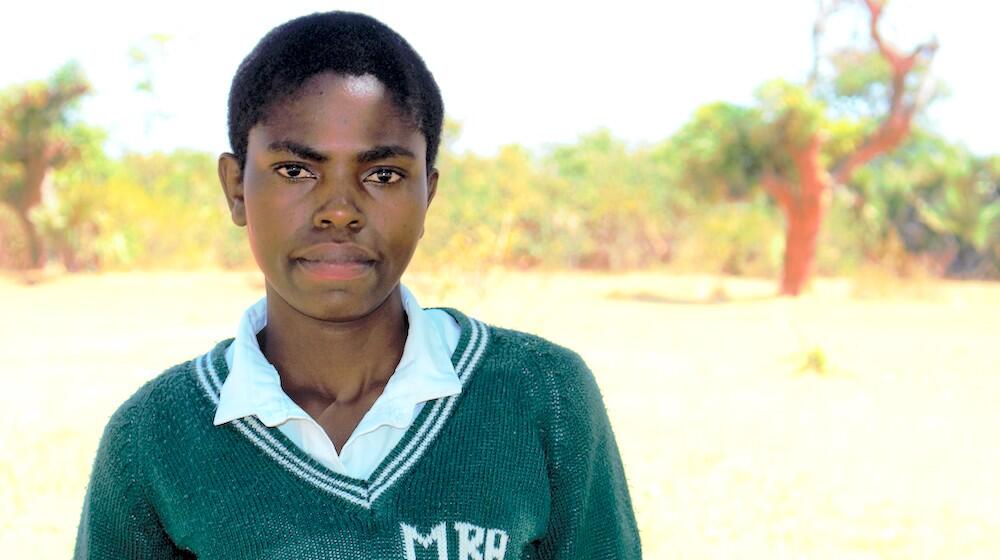MZUKUZUKU, Mzimba District, Malawi—On her 16th birthday, Yensen Nyirenda was getting ready to be married. Her marriage was hastily arranged after her family discovered that she was pregnant and, as per local custom, she had to go and live with her husband.
When she was 15, Yensen fell in love with a boy aged 17. Their flirtation soon led to her becoming pregnant.
His change of character was so sudden. He would come home drunk and beat me.
During the first days of their marriage, all seemed to be going well. However, within a few months, things took an ugly turn when her husband started abusing her physically.

“His change of character was so sudden,” says the now 18-year-old mother of one. “He would come home drunk and beat me, saying I should go back to my parents.”
Yensen’s husband didn’t have a reliable occupation and he survived by doing menial labour. With no stable income, and with pressure piling on him to take care of his new family, he started drinking alcohol excessively.
When she had had enough, Yensen made a decision to go back to her parents’ home. But her in-laws stopped her from leaving because they had paid a bride price for her.
“In our culture, it is a disgrace to the family, and the community at large, to walk away from marriage when you are a girl or woman,” she says. “You are treated as an outcast or a person of loose morals. That’s why I decided to stay (in the marriage).”
Link between early marriage and gender-based violence
The beating and verbal harrassment continued for months, and word started spreading in the village about the abuse Yensen was suffering. This soon reached the ears of a Spotlight Initiative mentor, and a mother group in the area.
Together with a team from the social welfare department, they visited Yensen and had a meeting with her in-laws and husband. The team stressed that Yensen was too young to be married and it constituted a crime to keep her as someone’s wife.
I knew my father wasn’t happy with my marriage because he wanted me to continue with my education.
Scared of the prospect of being arrested, her in-laws allowed her to go back to her parents’ house.
“Going back home was a tough decision, because my father and mother [were] divorced and I was staying with my step mother,” she says. “I knew my father wasn’t happy with my marriage because he wanted me to continue with [my] education.”

Learning the hard way
Now, Yensen is back in school. In the afternoon, she takes part in the safe space sessions implemented by the Spotlight Initiative in her village. Safe spaces are places where women and girls can receive information and access services that promote healing and empowerment.
Despite having moved on from the marriage, it hasn’t been easy for Yensen to juggle the roles of motherhood and student. Her peers at school believe she should stay at home and take care of her child.
My mentor at the safe space said I should not always be running away from my problems but look for ways to deal with them.
“At one point, I decided to go to another school, which is far from our village,” says Yensen, who wants to be nurse. “However, my mentor at the safe space counselled me against the idea. She said I should not always be running away from my problems but look for ways to deal with them.”
Spotlight Initiative helps to end child marriage
Yensen's story is all to common in Mzimba district. Last year, the Mzimba South District Social Welfare Office managed to withdraw 188 children from child marriages, out of 320 verified child marriages in the district.
And Spotlight Initiative mentors have been working with government officials, helping them withdraw girls from early marriages.
Working with the mentors, we have managed to withdraw hundreds of girls from early marriages.

“We are glad for the support we are receiving from the Spotlight Initiative,” says Dennis Gondwe, Community Child Protection Worker in Mzukuzuku, Mzimba District. “Working with the mentors, we have managed to withdraw hundreds of girls from early marriages. Many are back in school, and also attending safe space sessions, where they are getting knowledge to help them make informed decisions about their lives.”
Led by UNFPA, the United Nations sexual and reproductive health agency, the Safe Space Model forms part of activities under the Spotlight Initiative being implemented by the United Nations, the Government of Malawi, civil society organizations and other partners, with support from the European Union. The model aims to increase the capacity of mentors on safe space mentoring, for greater uptake of sexual and reproductive health and gender-based violence services.



